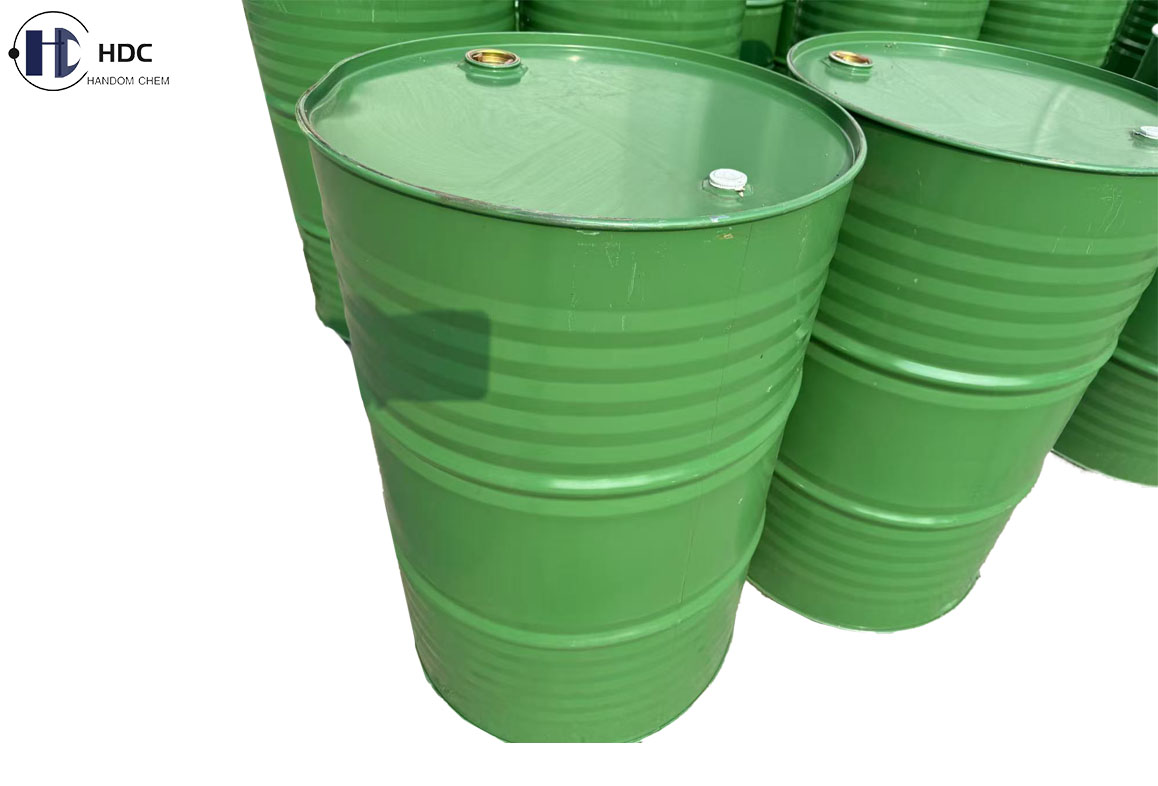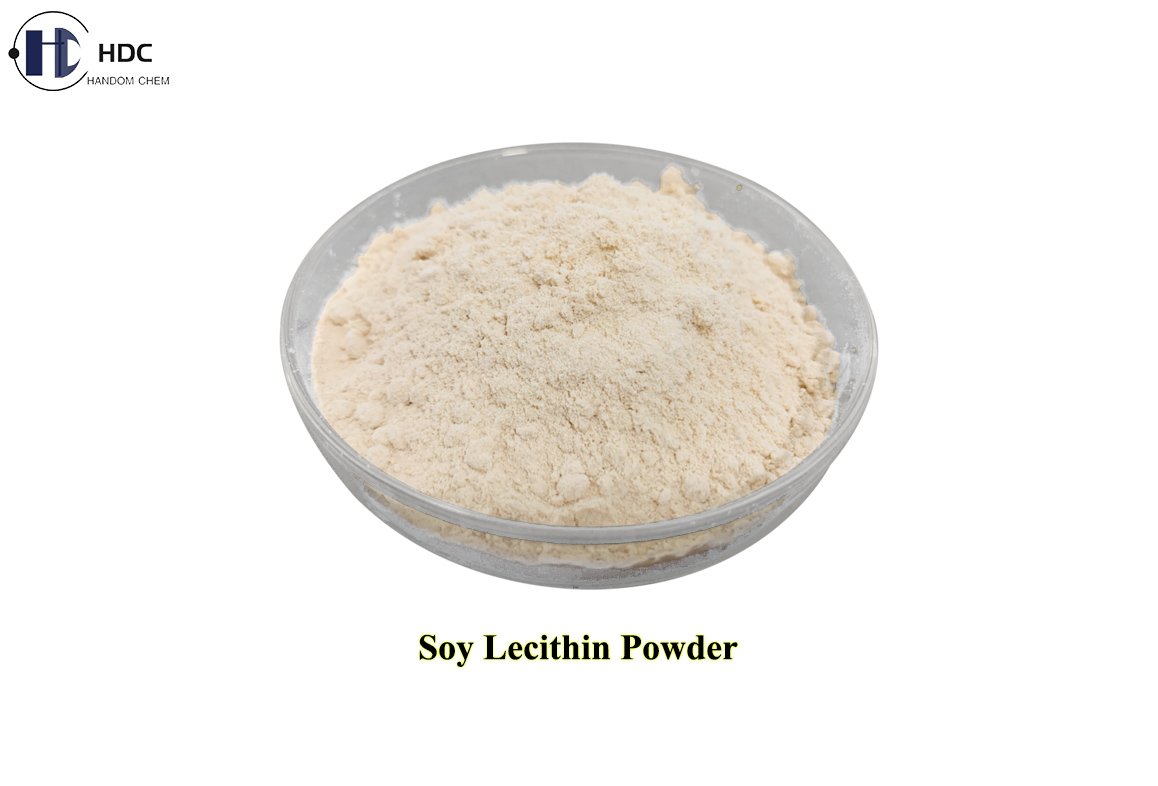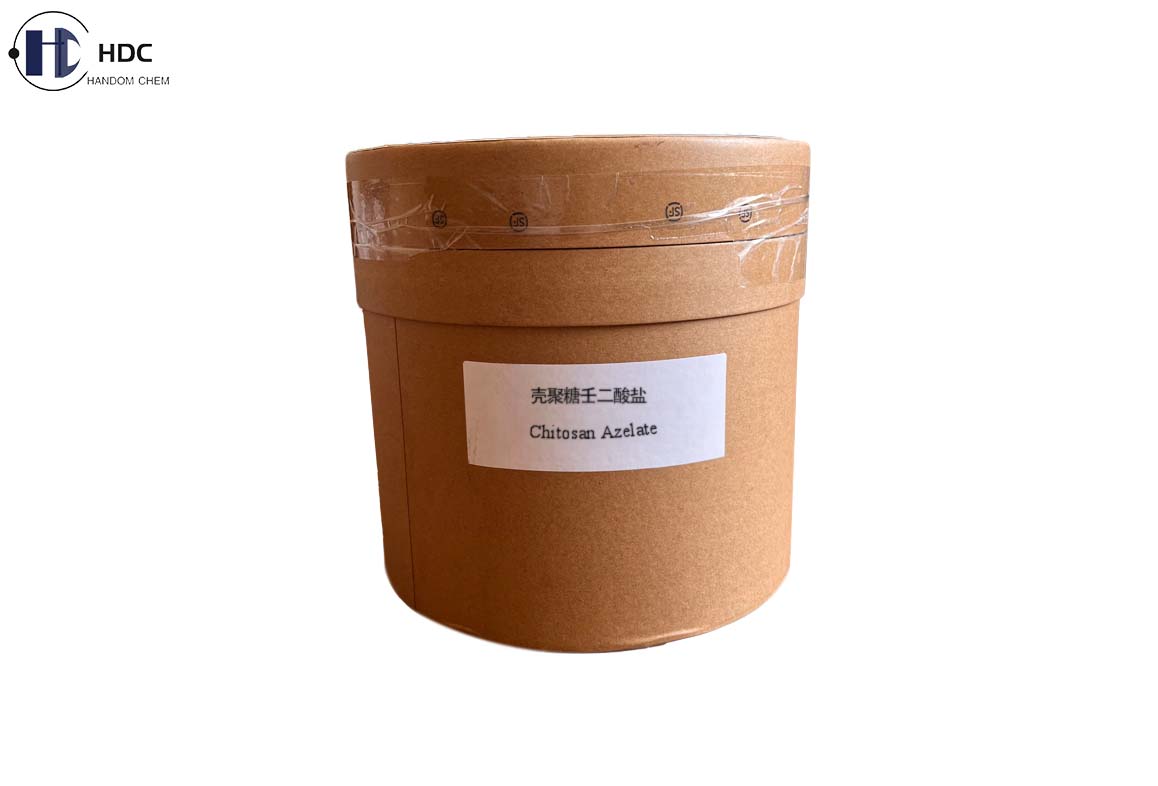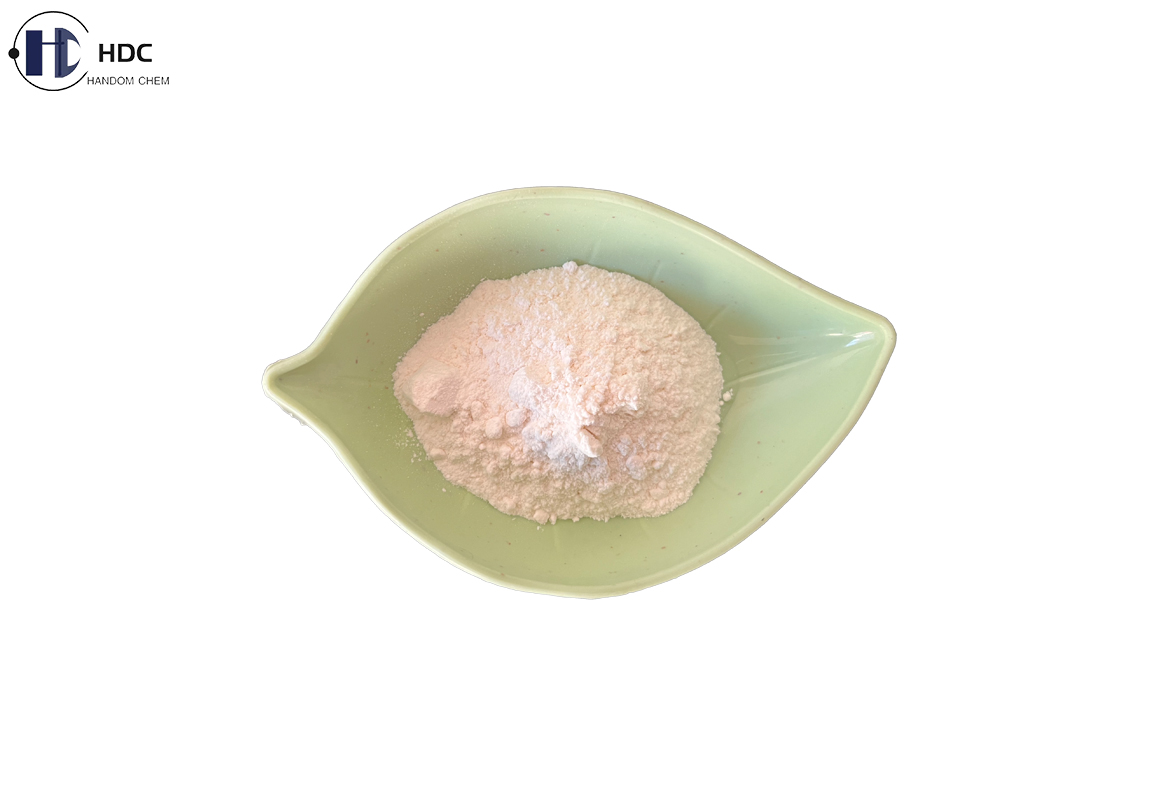
PRODUCTS
Soy lecithin liquid is a natural lecithin mixture e……

Soybean lecithin powder, also called soya lecithin ……

Product Name: Chitosan AzelateGrade: Cosmetic Grade……

Commodity Name: IscotrizinolChemical Name: Diethylh……

Product Name: Lactose Anhydrous
CAS No.: 63-42-3
EINECS No.: 200-559-2
Molecular Formula: C12H22O11
Molecular Weight: 342.30

Specifications of our Pharmaceutical Grade Lactose Anhydrous:
Test Items
Specifications
Appearance
White or almost white crystalline powder
Solubility
Freely but lowly soluble in water, practically insoluble in ethanol(96%)
Identification A
The infrared absorption spectrum of the sample is concordant with that of the standard.
Identification B
The principal spot obtained from the Test solution corresponds in appearance and RF value to that obtained from Standard solution A. The test is not valid unless the chromatogram obtained with Standard solution B shows four clearly discernible spots, disregarding any spots at the origin.
Residue on Ignition
Not more than 0.1%
Heavy Metals
Not more than 5 μg per g
Clarity and Colour of Solution
The solution(1g in 10 ml of boiling water) is clear and nearly colourless.
Determine the absorbance of this solution at a wavelength of 400 nm. The absorbance divided by the path length, in cm, which is not more than 0.04.
Optical Rotation
+54.4°~ +55.9°, calculated on the anhydrous basis, determined at 20℃
Acidity or alkalinity
Adding 0.3 ml of phenolphthalein TS: the solution is colourless, and not more than 0.4 ml of 0.1 N sodium hydroxide is required to produce a pink to red colour.
Loss on Drying
Not more than 0.5% after drying a sample at 80℃ for 2 hours
Water
Less than 1.0%
Protein and light-absorbing impurities
210 nm ~ 220 nm: Not more than 0.25
270 nm ~ 300 nm: Not more than 0.07
Total Plate Count
Less than 100 CFU/g
Yeasts & Moulds
Less than 50 CFU/g
Escherichia coli
Negative/10g
Assay
The chemical name of this product is O-β-D-galactopyranosyl-(1→4))-α-D-glucopyranos anhydrate. The content of C12H22O11 should be between 98.0% and 102.0%.
Acidity
Taking 1.0 g of this product, and the pH value should be between 4.0 and 7.0.
Applications:
Lactose is widely used as a filler or diluent for tablets and capsules, and sometimes in freeze-dried products and baby food formulas. Lactose is also used as a diluent in powder inhalers.
Other applications include: as a carrier/diluent in inhalants and lyophilized formulations. Lactose is added to the lyophilization solution to increase bulk and aid in the formation of lyophilized lumps. Lactose is also mixed with sucrose in a ratio of approximately 1:3 and used as a coating solution.
Generally speaking, which grade of lactose to choose depends on the pharmaceutical dosage form being developed. Lactose for direct compression is often used for tablets with a small drug content, which can save the granulation process.
Packaging:
25 kilograms per kraft paper bag or according to the specific requirements from customers.
Storage Conditions:
Preserved in unopened original containers in a cool dry place before using; kept away from direct sunlight, heat and moisture.
Shelf Life:
24 months if stored under above conditions.